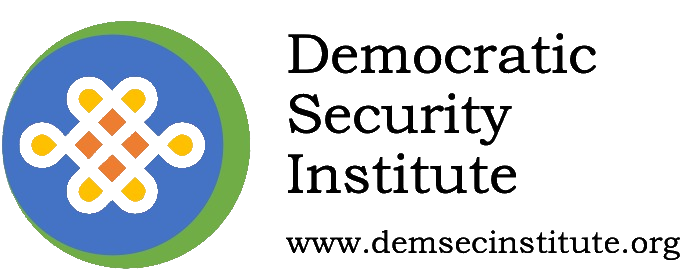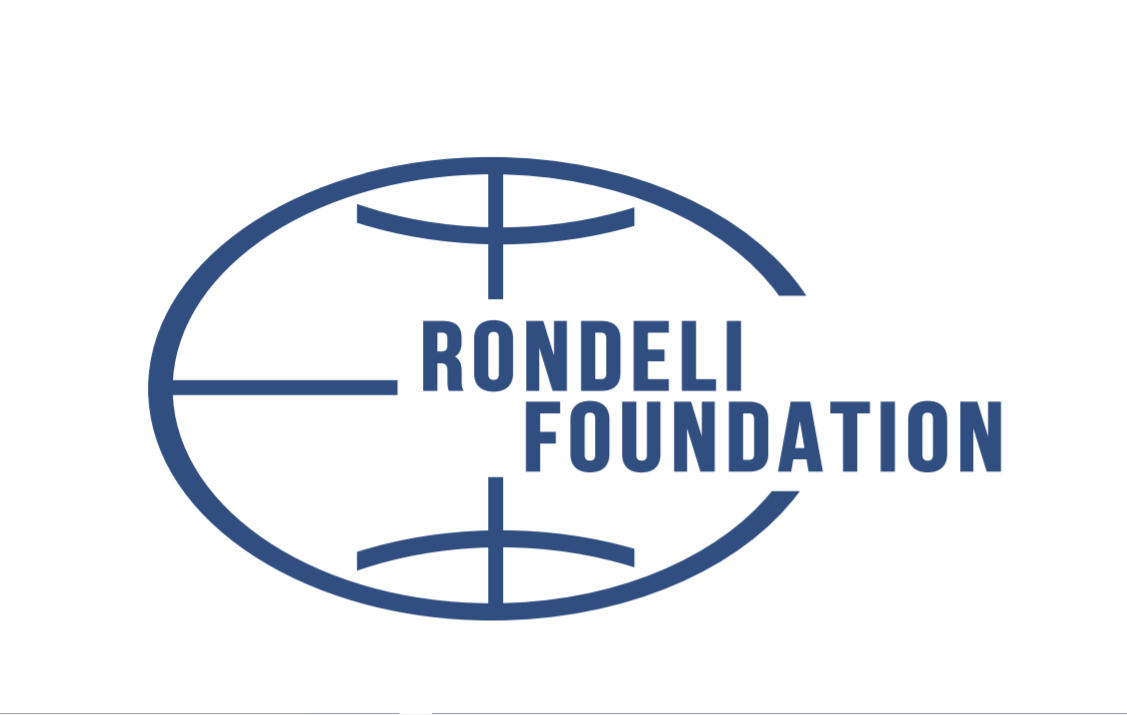The decision of the Ministry of Internal Affairs of Georgia to set up an observation post between the village of Chorchana in the Khashuri municipality and the village of Tsnelisi in the Russian-held Tskhinvali Region/ South Ossetia in August 2019 caused weeks of crisis at the occupation line. The situation did not escalate into an open confrontation but the high concentration of armed security actors significantly deteriorated the security environment on the ground.
The situation grew particularly tense on August 29 when Tskhinvali representatives issued an ultimatum to Georgian authorities and warned them with “legal action” if they failed to remove the observation post. Tbilisi refused to accept the terms. In response, Tskhinvali authorities established new positions deeper into the Tbilisi-controlled territory in a forested area between the villages of Chorchana and Kobi. They also decided to temporarily close the crossing points in the Georgian-majority Akhalgori and Perevi areas in an apparent effort to pressure Tbilisi to withdraw the observation post.
The Tsnelisi-Chorchana events were important on many accounts. First and foremost, the decision to set up a police post was significantly detached from Tbilisi’s professed policy of “pragmatism” towards Russia. No less important was the role of the Russian Federation – instead of engaging in the crisis directly, Moscow opted for acting under the guise of Tskhinvali. This was also the first time the European Union’s Monitoring Mission confirmed an instance of borderization on the Tbilisi-controlled territory.
The paper was published by Rondeli Foundation, Georgian Foundation for Strategic and International Studies and was made possible with the support of the US Embassy in Georgia.
Tornike Zurabashvili is an EDSN Fellow, who brings more than eight years of experience as a researcher/contributor on internal and external politics of Georgia, including at leading Georgian think tanks – the Georgian Foundation for Strategic and International Studies and the Georgia’s Reforms Associates.

